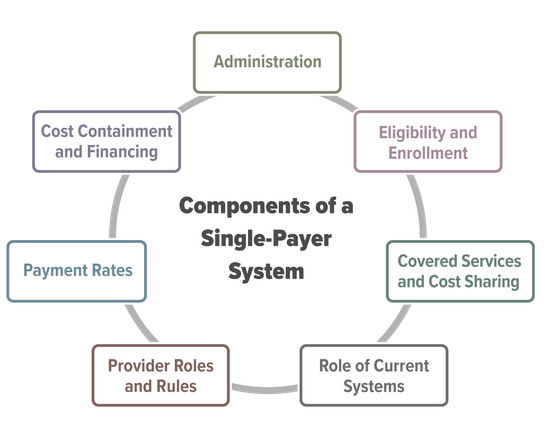- Celebrating National Rural Health Day
- DEA, HHS: Third Temporary Extension of COVID-19 Telemedicine Flexibilities for Prescription of Controlled Medications
- Talking Rural Health Care with U of M
- Public Inspection: DEA, HHS: Third Temporary Extension of COVID-19 Telemedicine Flexibilities for Prescription of Controlled Medications
- CDC Presents a Five-Year Plan for Rural Healthcare
- Kansas Faith Leaders 'Well Positioned' To Help Fill Mental Health Care Gaps in Rural Areas
- The CDC Wants More Kansas Farm Workers to Get Their Flu Shots This Season
- Study: Rural Residents More Likely to Struggle With Medical Debt
- Deaths From Cardiovascular Disease Increased Among Younger U.S Adults in Rural Areas
- VA Proposes to Eliminate Copays for Telehealth, Expand Access to Telehealth for Rural Veterans
- In Rural Avery County, Helene Washed Away One of the Only Dental Clinics
- Rural Veterans Are Struggling with Access to VA-Provided Care
- Community Health Workers Spread Across the US, Even in Rural Areas
- Idaho Gained Nurses. But Not Enough To Deal with Retirements and Population Boom.
- CMS Announces New Policies to Reduce Maternal Mortality, Increase Access to Care, and Advance Health Equity
Pennsylvania Oral Health Surveillance Plan Announced
The Pennsylvania Department of Health Oral Health Program is excited to announce the publication of the 2019-2024 Pennsylvania Oral Health Surveillance Plan. The Oral Health Surveillance Plan provides a consistent source of reliable and valid information for use in the monitoring of oral health status and trends of the state and for developing, implementing, and evaluating programs to improve the oral health of Pennsylvanians.
Congressional Budget Office Releases Report on Single-Payer Health Care System
Key Design Components and Considerations for Establishing a Single-Payer Health Care System
Congressional interest in substantially increasing the number of people who have health insurance has grown in recent years. Some Members of Congress have proposed establishing a single-payer health care system to achieve universal health insurance coverage. In this report, CBO describes the primary features of single-payer systems, as well as some of the key considerations for designing such a system in the United Stat es.
es.
Establishing a single-payer system would be a major undertaking that would involve substantial changes in the sources and extent of coverage, provider payment rates, and financing methods of health care in the United States. This report does not address all of the issues that the complex task of designing, implementing, and transitioning to a single-payer system would entail, nor does it analyze the budgetary effects of any specific bill or proposal.
Primary Care Clinician Participation in the CMS Quality Payment Program
Clinton MacKinney, MD, MS; Fred Ullrich, BA; and Keith J. Mueller, PhD
Approximately 10 percent of primary care clinicians participate in Advanced Alternative Payment Models (A-APMs) and less than 30 percent of primary care clinicians participate in the Merit-Based Incentive Payment System. Metropolitan primary care clinicians are more likely to participate in A-APMs than non-metropolitan primary care clinicians.
Click to download a copy: Primary Care Clinician Participation in the CMS Quality Payment Program
